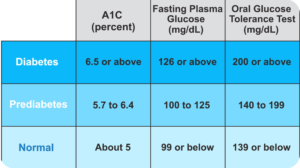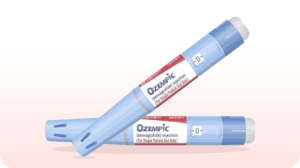Aging is inevitable (consider the alternative!), but heavily wrinkled and spotted skin is not. Although we will all experience some wrinkles as we age, you can limit them—and other marks of age—with a few lifestyle practices. First, though, it’s important to understand why skin wrinkles and sags as we grow older.

Over time, our bodies produce less and less collagen. Collagen is essential to maintaining skin elasticity and repairing the skin’s structure, so the age-related deficit leads to looser skin that is prone to sagging and wrinkling.
In addition, aging diminishes the efficiency of our immune systems. That includes the body’s response to skin trauma and damage. Given that the skin is the largest organ and the one most exposed to the elements, there is a lot of daily damage—from environmental factors like sun and dry air, to lifestyle factors like smoking and stress—to repair. That damage compounds when our immune system can’t keep up, leading to age spots, wrinkles, and other blemishes.
All that’s the bad news. The good news? You have a lot of control over how much your skin shows the effects of the candles on your birthday cake.
Keeping Skin Youthful
Although we tend to think our skin’s condition is more genetic than anything else, that assumption may well be wrong. In reality, abundant research indicates that simple lifestyle changes can have an incredibly powerful effect on how quickly skin ages. Follow these guidelines for the most resilient, youngest looking skin at any age.
- Stop squinting. It isn’t just our skin that ages. Our eyes and eyesight get worse as the years pass. That often leads to squinting, which can exacerbate naturally occurring crow’s feet at the corners of the eyes. Always wear glasses as necessary for reading, driving, or watching TV. Get in the habit of wearing full-spectrum UV-blocking sunglasses anytime you’re out in sunlight (which will also help protect the sensitive skin all around the eyes).
- Sunscreen, always. Skin-damaging UV rays are bombarding any exposed skin even on cloudy days and even sitting inside near a window. A daily, moisturizing, non-greasy 50-spf sunscreen is one of the best ways to fight skin wrinkling. In the process, you’ll be reducing your risk of skin cancer.
- Use proven skincare products. Beauty and cosmetic skincare products are often promoted with unproven claims and hyperbole. However, research has shown that the compound retinol is effective at combatting skin wrinkling. Although it was once a prescription-only product, retinol skin creams are now available over the counter.
- Hydrate. We are constantly losing water through our skin. That’s why hydrating throughout the course of the day is essential to keep skin supple and as elastic as possible. As a bonus, proper hydration ensures efficient functioning of other major organs in the body, including the brain. Remember that you can hydrate with high-moisture foods as well, and that alcohol and caffeinated beverages quickly dehydrate your body.
- Don’t smoke. Stellar advice in any case, but especially when it comes to skin. The skin damage done by long-term smoking is well chronicled and manifold. The best strategy is to quit. Now. That goes for vaping nicotine products as well.
As important as they may be, looks are only one aspect of skincare. The more essential concern is avoiding skin cancer. The lifestyle changes above will go far in helping you do that, but nothing replaces a yearly skin screening after the age of 20. If you haven’t had yours, make an appointment with a dermatologist today.
Share some love if you like this post!





